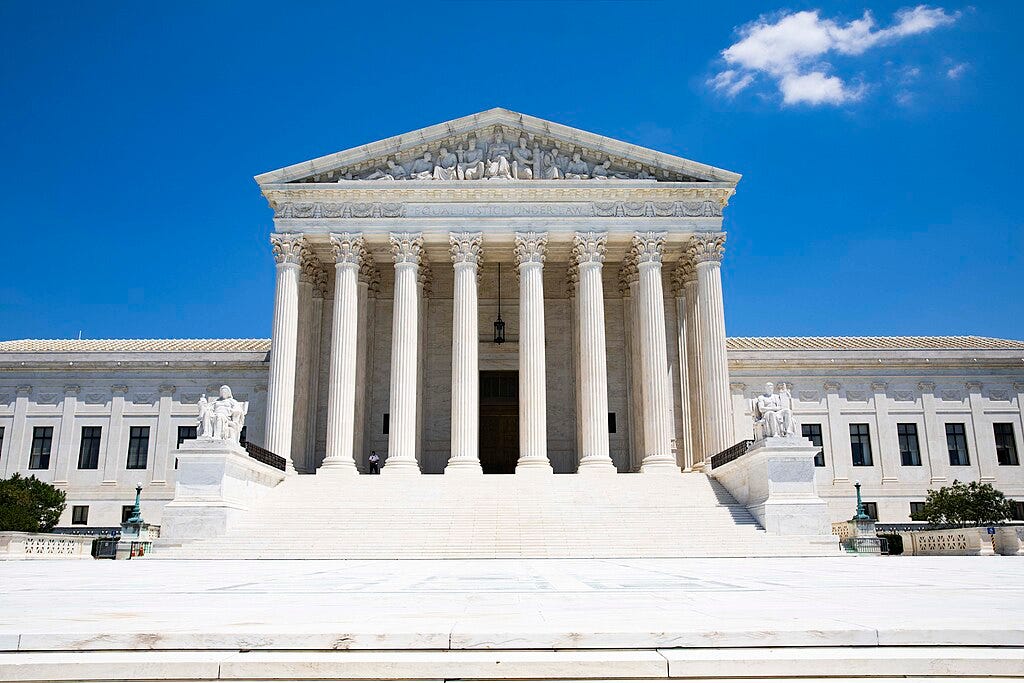SCOTUS strikes down Chevron doctrine, curtailing power of federal agencies and Big Pharma
Chief Justice John Roberts, in a 35-page opinion, rejects the Chevron doctrine, calling it “fundamentally misguided.”
In a significant ruling issued on June 28, the U.S. Supreme Court sharply limited federal agencies’ power to interpret the laws they administer. The Court held that courts should rely on their own interpretation of ambiguous laws and not U.S. government agencies. The decision is likely to have far-reaching effects across the country, impacting areas such as environmental regulation and healthcare costs.
Critics of the Court’s ruling say it could hamper government response to public health emergencies like the 2020 pandemic when businesses, churches, and other public places were ordered to close or put in place social distancing measures to protect public safety.
The ruling, by a 6-3 vote, overruled the landmark 1984 decision in Chevron U.S.A., Inc. v. Natural Resources Defense Council, which established the Chevron doctrine. Under this doctrine, if Congress did not directly address a question in dispute, courts were required to defer to the agency’s reasonable interpretation of the statute. However, Chief Justice John Roberts, in a 35-page opinion, rejected the Chevron doctrine, calling it “fundamentally misguided.”
Justice Elena Kagan dissented, joined by Justices Sonia Sotomayor and Ketanji Brown Jackson. Kagan predicted that this ruling would “cause a massive shock to the legal system.”
The Court’s decision upholds the 9th Circuit Court of Appeals’ ruling that plaintiffs can challenge the U.S. government’s claim that COVID-19 injections are “safe and effective vaccines” – just because the FDA and CDC said so – and seek compensatory damage in court. The Chevron doctrine allowed a shift in power from the courts to the agency, allowing pharmaceutical companies like Pfizer to use its legal defense strategy of denying legal consequences to the FDA and other U.S. government agencies.
The Chevron case, which was initially not considered particularly consequential, has since become one of the most important rulings on federal administrative law.
Although the Chevron decision initially upheld the Reagan-era Environmental Protection Agency’s interpretation of the Clean Air Act (easing emissions regulation), it later became a target for those seeking to limit the administrative state.
Critics argued that courts, not agencies, should define what the law means. Last year, the Supreme Court agreed to address challenges to a rule issued by the National Marine Fisheries Service, which required the herring industry to pay for observer costs related to data collection and monitoring for overfishing.
The Court’s opinion in Relentless v. Department of Commerce and Loper Bright Enterprises v. Raimondo focused solely on the Chevron question. Chief Justice Roberts explained that Chevron deference is inconsistent with the Administrative Procedure Act (APA), which directs courts to decide legal questions independently. According to Roberts, agency interpretations of statutes are not entitled to deference under the APA. He rejected the idea that agencies are better suited than courts to determine ambiguities in federal law.
More (Court opinion)




